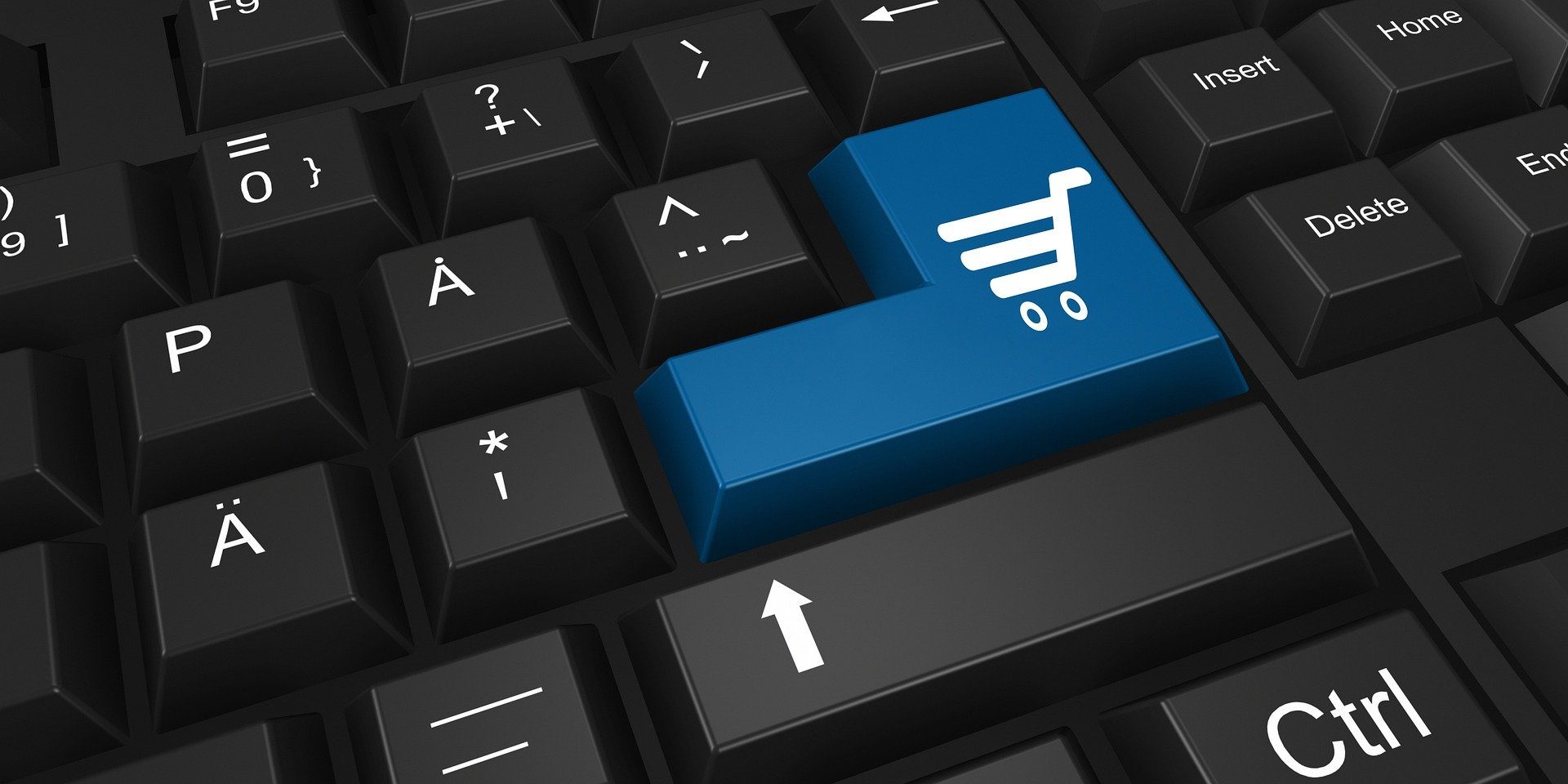By Cristina DiStefano, Director of Enterprise Marketing, Oneida Nation Enterprises, and a member of HSMAI’s Marketing Advisory Board
As Thanksgiving approaches, so do the traditional sales days of Black Friday and Cyber Monday. But this year, many businesses are stretching out their sales to start earlier and last longer, including many hotels. During a recent call, members of HSMAI’s Marketing Advisory Board (MAB) discussed their sale plans and how coronavirus has changed how they traditionally execute them. Here are key takeaways from their discussion:
CHANGES FROM LAST YEAR
The majority of MAB members on the call said that they ran a Black Friday or Cyber Monday sale last year and are planning on doing it again this year, but with a few changes. “This year, the discount is deeper than ever before,” one MAB member said. “Usually there is some jostling within our portfolio of hotels over who is going to give what discount, but this year, everyone is giving the same deep discount. Also, this year it’s open to OTAs as well, so we will see how that works.”
One member said that she is telling her team to be more relaxed about this year’s sale. “Don’t wrap your self-worth in the performance of the cyber sale,” she said. “In years past, we’ve put so much energy into it, but a lot of the cyber-sale bookings last year had to be canceled when we closed our doors for three months. External forces are so great right now that we just have to make good decisions with the information we have and see what the customer will do.”
A few MAB members said that while they historically have offered Black Friday/Cyber Monday discounts, they are not doing so this year. “We’ve already had to drop our rates so low that dropping them any deeper doesn’t really make sense,” one member said.
Other members on the call said that even if they are calling it a Black Friday or Cyber Monday sale, their discounts are actually running throughout the month or longer, similar to many retailers. “We’re still keeping the psychological connection with Cyber Monday, but it’s been extended,” one member said. “A lot of our hotels started right after Amazon did their Prime Day at the end of October, because they felt like people were ready for that. It hasn’t had the intensity that normally a Cyber Monday does, but cumulatively, it’s been really effective.”
DEVELOPING A STRATEGY
While the majority of MAB members are doing some sort of a promotion around Thanksgiving, there is a lot of variety among their plans. Some are offering flat percentage discounts, while others are offering gift cards or free nights.
“We’re doing it based on length of stay, but also when you’re booking,” one member said. “The closer the booking, the smaller the discount. But lot of our resort type properties, they have this approach where they hold really high rates looking forward to next year through the end of the year. So, if they can put on paper that it’s a 50-percent discount, the reality is it’s only 10 or 20 percent off the lowest rate you’ll get some other time.”
The member also said that in the past, they have made the mistake of offering a lower price later in the year and there was massive blowback. “You’ve got to be disciplined that this is the lowest rate you’re ever going to give,” the member said. “That strategy has worked for six or seven years, but we’ll see if it holds this year.”
One member mentioned that no matter what hotels do, they have to advertise something for Cyber Monday. “People are prepped to buy on those days,” the member said. “Not participating isn’t a good thing, because people are looking to buy and if they’re not seeing your messaging, whether it be a free drink or just your existing rate, I think it may have a negative impact.”
One MAB member said that he thinks once a vaccine begins to quell the virus, there may be another big sale day in the beginning of the year, when people may be more willing to book travel. “I wouldn’t be surprised if the hotel organizations rally together around a national travel booking day in Q1 of next year,” the member said. “We’re going to need to create a catalyst to get people booking. I think at the end of Q1, we have another shot at cyber deals. It’ll be a new created thing like Amazon’s Prime Day. I think we can do that with travel.”
FLEXIBLE MESSAGING
A common theme among several MAB members is a “buy now, pay later” angle, highlighting flexible cancellation policies. “People are booking out as far as possible,” one member said. “We weren’t initially anticipating this. I was thinking we would only see bookings within the short booking window we’ve seen this season, but only 50 percent of what we’ve booked so far is within the next six weeks. People are hoping things will be better by then, and we’re touting a flexible cancellation policy, so why shouldn’t they?”
Another member added: “Our messaging tier is the sale first and the flexible cancellation policy second.”
While in previous years, hoteliers may have targeted national or international audiences, this year, similar to marketing strategy throughout the pandemic, they are focusing on regional or local audiences. One member said that they are already changing their marketing parameters for the sale due to rising COVID travel restrictions. “Our targeting launched on Tuesday [Nov. 17],” the member said, “and by Tuesday afternoon, I had already changed the targeting parameters on all of our digital campaigns because of the shifts in the COVID world. Pennsylvania instituted a travel restriction for Pennsylvania residents to not be able to travel without quarantining when they get home, so we just turned off Pennsylvania targeting from the tri-state campaigns that we had running.”
